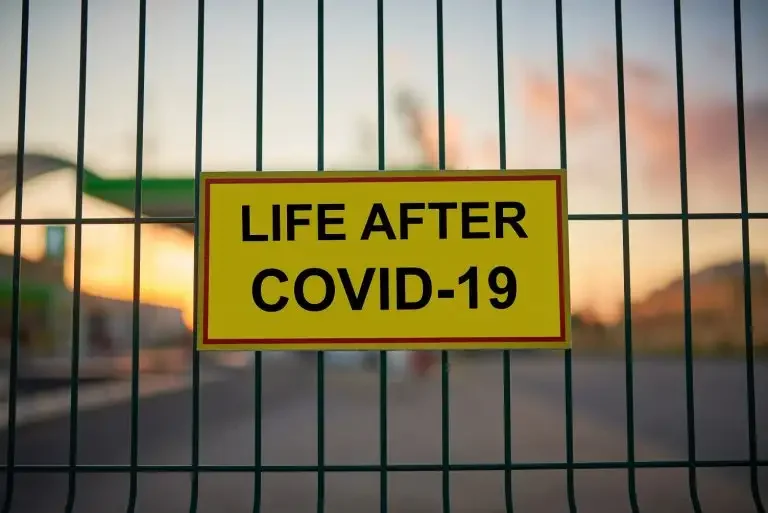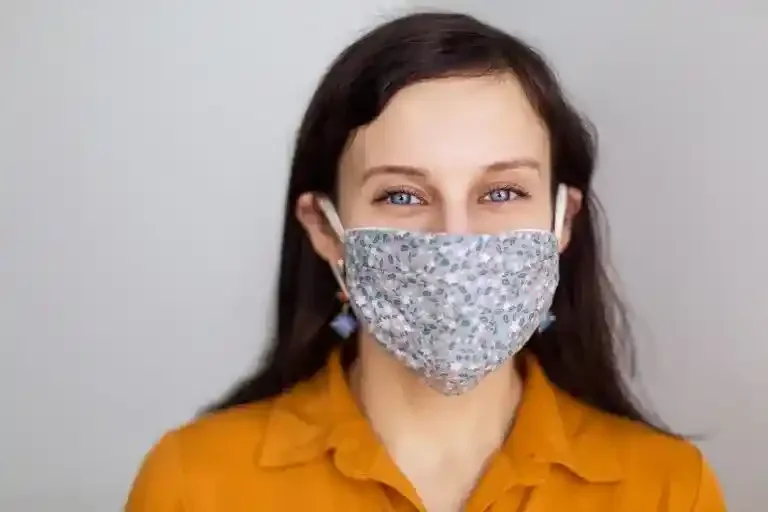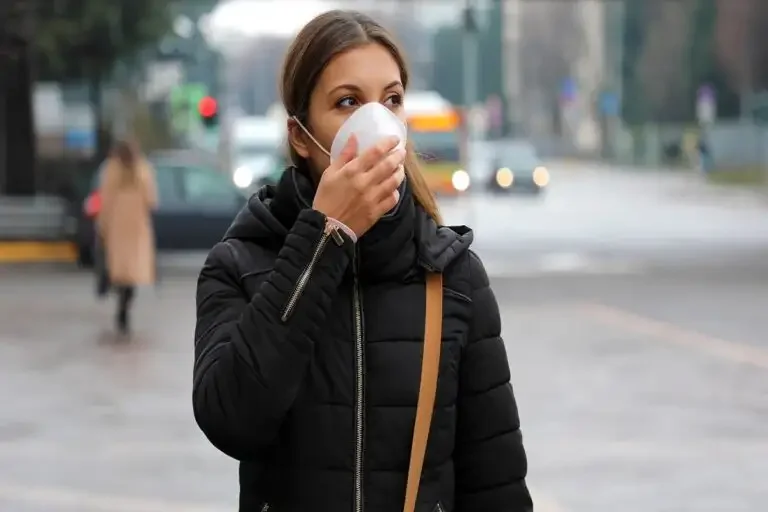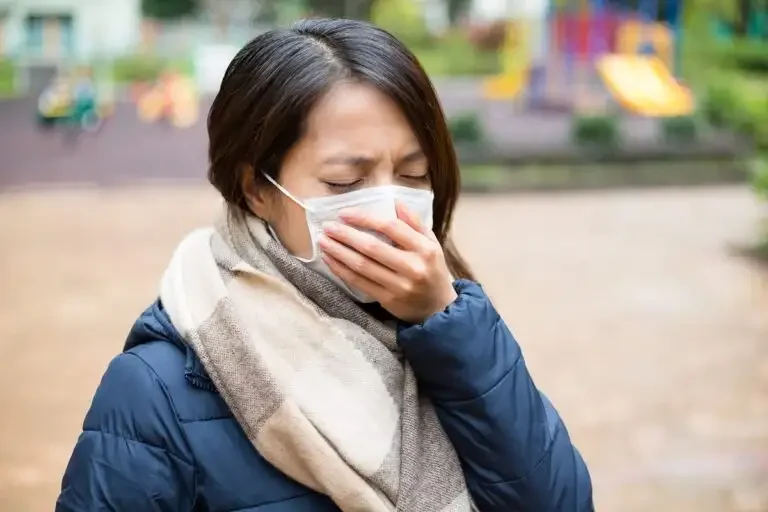Doctors on why it’s essential to give your body the time to heal, rest and recover before you get going again
This is probably one of those rare times when ‘being positive’ may be all that we hoped against. After all, testing positive for Covid-19 comes with much anxiety and trepidation, apart from the challenges in dealing with the standard symptoms. And considering that a vaccine for the condition is yet to be found, most have to fall back on their body’s natural defenses to sail us through. Luckily, there are antibodies formed in the body post-Covid-19 which may ensure you develop a time-bound immunity. But it is necessary to take precautions to ensure that the patient gets back on their feet steadily. The adequate time is given to the body to heal and recover, regularly monitoring temperature and sugar levels, routine consultation with doctors, exercising, and eating nutritious food, go a long way in ensuring overall good health.
In September this year, Hurlene Kharbanda’s husband tested positive for coronavirus and five days later, the PR professional, too, contracted the virus. “It started with a slight fever and joint pain. I tested negative after a week but we were both homes quarantined for around three weeks in total,” says Kharbanda. She admits to feeling “miserable from within” — punctuated by severe weakness. “There were no hunger pangs, but we motivated each other to eat every two hours. Thankfully, with our faith in Buddhism and the positivity we share as a couple, we bounced back to good health pretty quickly,” she says.
Being discharged from the hospital post-testing negative does not mean you are fit to be out and about. Andheri-resident Joginder Singh Thakur, who spent 11 days in the hospital, was advised a week’s home quarantine on discharge. His antibody test came out fine after another week, post which he resumed work.
Home quarantine for at least a week post-testing negative is something Dr. Manjusha Agarwal, consultant-Internal Medicine, Global Hospital Mumbai advises all her patients. “Depending on the gravity of their condition, I would schedule a follow-up after 15 days to readjust the medicines. Patients with mild symptoms require a single follow-up, while those who had been in the ICU or were on a ventilator, require visits depending on the severity of their condition,” she says.
Dr. Kedar Toraskar, chief of critical care, Wockhardt Hospital, South Bombay, says that there are a couple of things to keep in mind once the patient has been discharged or tested negative. “Their oxygen levels need to be monitored for at least two weeks post-testing negative. If they are diabetic, then their blood sugar also has to be monitored. The third thing is to keep a track of their body temperature at least twice a day. If there are any symptoms such as acute weakness or diarrhea, it should be conveyed to the doctor,” he says.
Many assume that they are absolutely fit to resume exercise immediately post-recovery. However, Dr. Agarwal suggests simple walking for a few minutes before moving on to a full-fledged fitness regimen.
“After doing nothing for 10-15 days, if they suddenly decide to go for a 5 km walk, they are bound to feel fatigued,” she says. The doctor suggests a 15-minute stroll for the first few days, slowly progressing to longer durations is ideal. “Always listen to your body,” she says. “Some exercise is necessary for the body. Even in the hospital, I tell my patients to stroll inside the room at least thrice a day. It builds their stamina and lung capacity,” she shares. Most doctors have stressed the importance of breathing exercises. Dr. Toraskar also suggests going for a respiratory rehabilitation program if the patient had been on a ventilator. Kharbandra, who had faced difficulty in breathing, shares that she relied much on kaada or hot water mixed with ajwain during her post-recovery phase. “We would also perform breathing exercises thrice a day and monitor our body temperatures and oxygen levels,” she adds.
Just like any other illness, it’s essential to try and get eight hours of good sleep and consume a diet rich in leafy greens, whole grains, nuts and seeds, veggies, and fruits. Doctors also recommend multi-vitamins for building immunity and strengthening the body from within.
The 11 days that Thakur spent in the hospital were probably the most challenging. “Although I was in a ward with three beds, I was mostly on my own. There was no human activity outside my window and nobody to meet or talk to,” he shares.
Anxiety over the illness and social distancing can take a toll on the patient’s mind, says Dr. Toraskar, adding that there is the possibility of being inflicted by depression post-Covid. “It’s always better to be in touch with a counselor at the hospital. Social and family support also play a major role in such times,” he suggests. Being locked up inside the house for extended periods can take a toll on mental health. So it’s also a good idea to get out and bask in the sunlight early in the morning, suggests Dr. Toraskar.
In Kharbanda’s case, apart from chanting, her support system included her family and friends who rallied around the couple and motivated them during the difficult time. “We have made small changes in our lifestyles now, adding exercise and eating healthy,” she says.
Oxygen levels need to be monitored for at least two weeks post-testing negative. If there are any symptoms such as acute weakness or diarrhea, they should be conveyed to the doctor.
Source: https://mumbaimirror.indiatimes.com/others/health-lifestyle/life-after-covid/articleshow/78753487.cms












